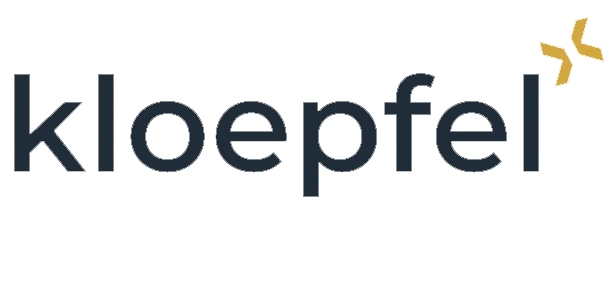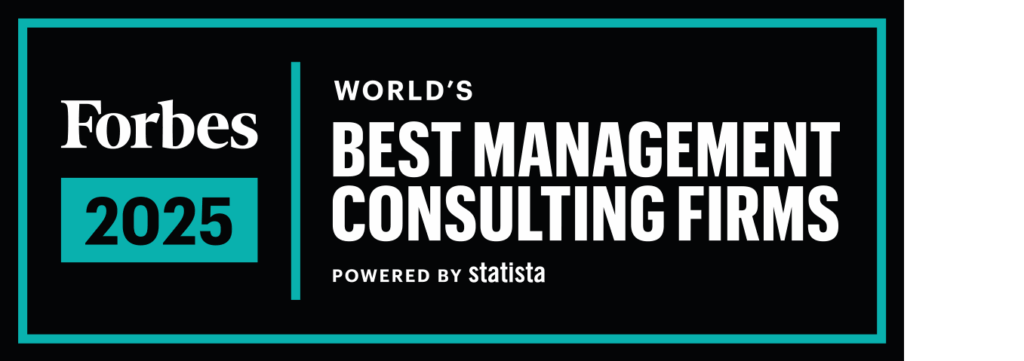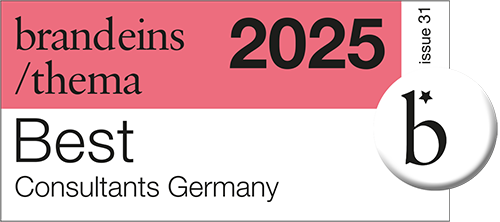Project interview Gerken Arbeitsbühnen
Industry: Service industry
Products: Working platform, construction site barrier service
Optimization measures, among others:
- Market and supplier research, tenders
- Workshops with existing suppliers to identify potential savings that can be realized together
- Supplementing suppliers in the energy sector, among others
- Examples of processed material groups: Spare parts, telecommunications, tires
Michael Quath, Purchasing Manager at Gerken Arbeitsbühnen GmbH, on a joint purchasing optimization project
Were you skeptical or rather open-minded at the start of the project?
Michael Quath: We were very open-minded, which is because I already knew Kloepfel Consulting positively from one of my previous jobs. We also approached the project differently to other companies. Despite our good economic situation, we are constantly improving our costs on our own initiative. We decided to embark on this additional cost-saving project not to fight financial hardship, but to strengthen our competitiveness. Together with Kloepfel Consulting, we have examined all relevant cost groups. In some groups we were and are very well positioned due to our previous cost optimization. However, in other areas, including energy, telecommunications and insurance, Kloepfel Consulting was able to show us further significant opportunities for improvement.
What motivated you to commission a purchasing optimization project?
Michael Quath: On the one hand, we wanted to review ourselves, our costs and our cost management and, on the other hand, to take up any improvements from the market. The decision to take on this project was also made very easy for us by Kloepfel Consulting's fair remuneration system, which is financed exclusively by the savings realized and thus the clear cost risk.
To what extent has the optimization had a lasting effect on your competitiveness?
Michael Quath: The cost reductions we have achieved will enable us to be even more competitive in the market, pass on our better conditions to customers and further expand our strengths in service. We see this as an absolutely necessary strategic measure to strengthen our company in the long term, which in turn gives us the financial means to achieve entrepreneurial success.
How would you describe the way the Kloepfel project team worked?
Michael Quath: The working method was very structured and transparent. We always had control over the entire project, as the Kloepfel team first presented us with the detailed weekly reports in writing and then discussed them with us. In weekly meetings, the further course of action was coordinated and optimized for each topic. That was very convenient. Here we could see exactly which savings could be made at which project point. At the end, we then received a final report on each point, which showed what savings had been achieved, what new prices and conditions applied and also what Kloepfel received for this and what remuneration.
Joint project successes are also always dependent on people. We talk about being temporary colleagues and coaches in the projects. How did you feel?
Michael Quath: That was certainly the case, without a doubt. We found the employees to be very pleasant. Our employees and the Kloepfel team ultimately shared a very pragmatic attitude, a hand-on mentality. We had the impression that the Kloepfel consultants did not want to achieve success with a crowbar. Instead, they discussed the overall business sense of a measure with us. In doing so, they also incorporated our company philosophy to a certain extent in order to be able to negotiate and talk to our suppliers in our interests. Of course, problems such as changing expectations and controversies also arise in a project like this, but we were able to address these openly and find constructive solutions together.
Some suppliers first had to get used to seeing new Kloepfel faces at the negotiating table alongside their familiar Gerken contacts. How did you experience these situations and what were the reactions of the suppliers?
Michael Quath: We decided together beforehand which suppliers Kloepfel Consulting should talk to alone and which we absolutely wanted to sit at the table with. Each supplier was informed in advance in a joint letter that Kloepfel Consulting would approach the supplier on our behalf. Suppliers have certainly tried to contact us directly again. However, the success of such a project also depends on a certain consistency. All in all, we were certainly very satisfied with the process and the results. The open communication and competence of the purchasing consultants on site and the many specialists in purchasing consulting in the background were decisive.
Thank you very much for the interview!




